The California Legislature has made efforts to look into providing reparations for Black residents who have faced past injustices while living in the Golden State. After creating a task force to look into this matter, the state has finally announced its first moves toward actually providing reparations.
As a result, California’s new budget does include setting aside at least $12 million for reparations. However, there is a major twist on what this money can actually be used for.
Billions of Dollars for Reparations

Last year, the task force that California created officially came out with a seminal report that explained reparations for Black residents could reach hundreds of billions of dollars.
However, the force also outlined the many injustices that various Black residents have faced over the decades, such as discrimination and racism by the state. As a result, they also urged the government to provide these reparations.
Reparations Money in the New Budget
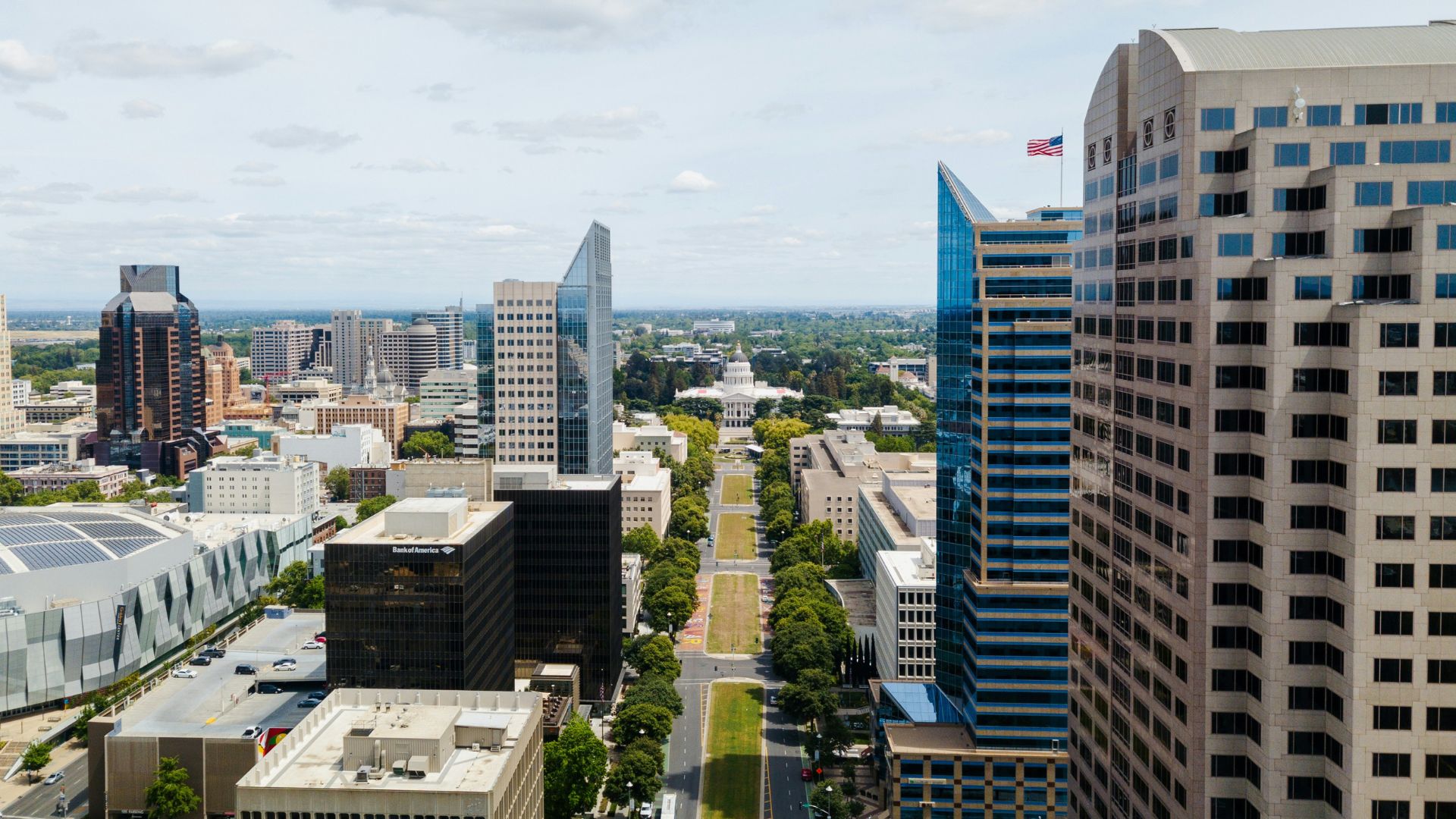
The recently signed $298 billion budget in California includes money that can be set aside for reparation purposes. The state is only setting aside $12 million — far less than what the task force from last year recommended.
As only this small amount has been agreed upon, California has already been criticized for offering too little.
How This Reparations Money Can Be Used

Plus, there’s also a twist on how this state-ordered money can be used. While many people think of cash payments when they think of reparations, this $12 million isn’t necessarily for direct cash.
Instead, these millions of dollars can be used if California lawmakers agree on and create proposals that would eventually go towards types of reparations programs.
Beginning Steps
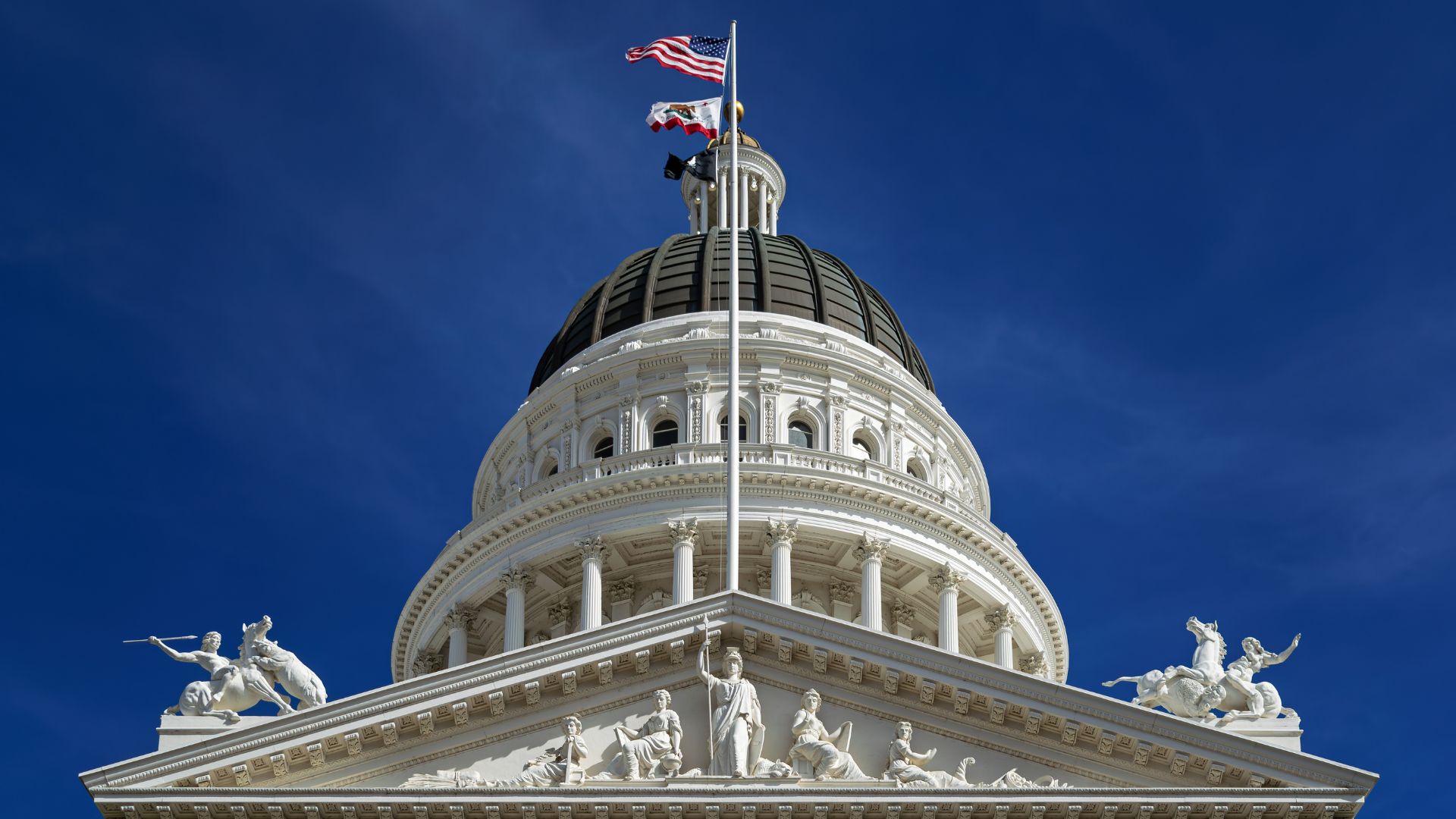
Therefore, this $12 million has been seen as money that will pave the beginning steps for California to eventually get a reparations program up and running.
However, the legislature hasn’t yet decided on what — if any — reparations programs they will pass, as the topic remains controversial up and down the coast.
Cash Payments vs Programs

So far, California lawmakers have mainly fought over whether these reparations programs should be simple cash payments to past victims of injustices — or if programs should be created, instead.
For the most part, lawmakers have avoided pushing for direct cash payments. They seem more inclined to create programs, such as the California American Freedmen Affairs Agency, which could help Black residents gain professional licenses, especially if they are descendants of past slaves.
New Proposals
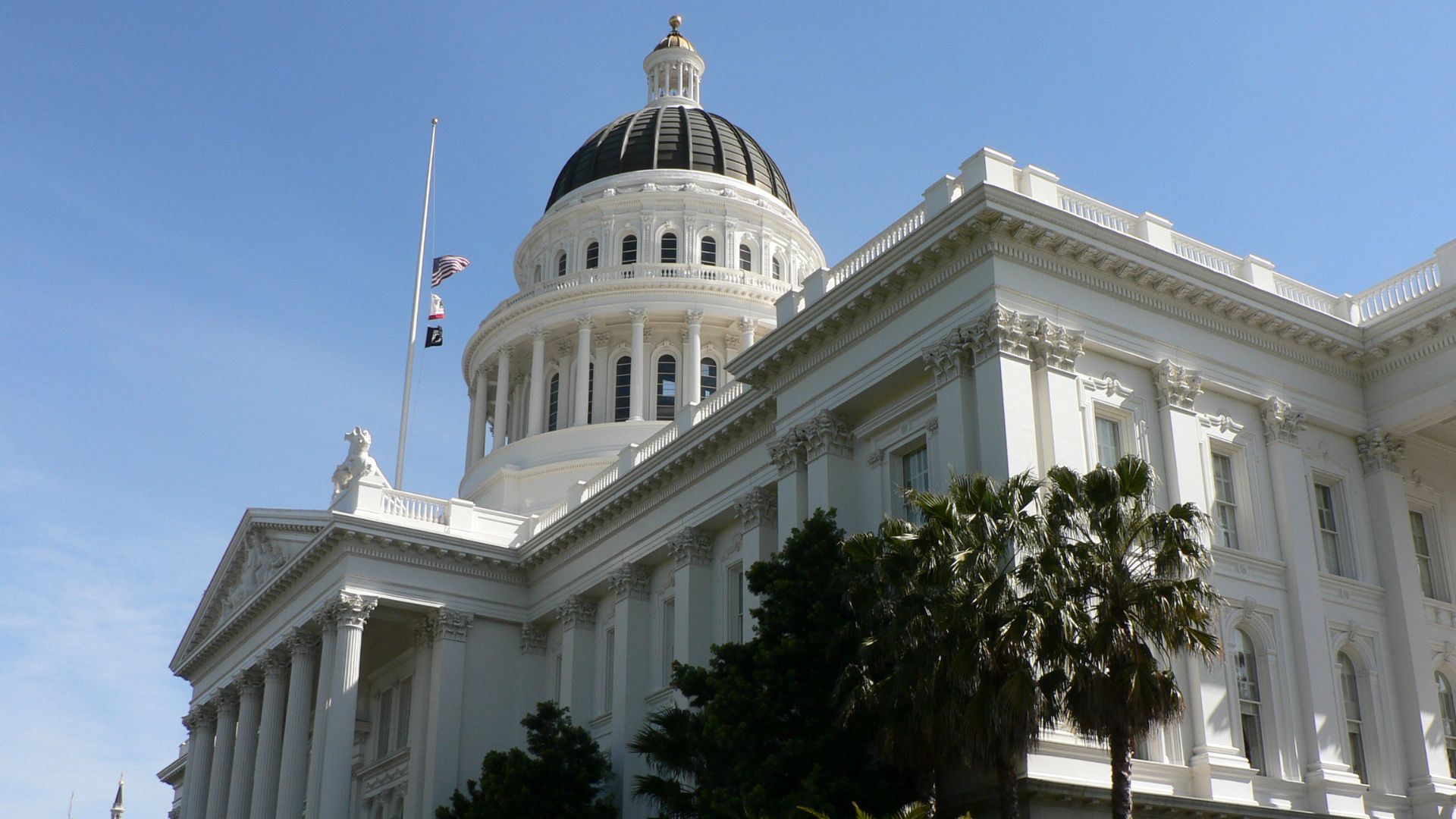
Various proposals have already been put forth regarding efforts the state can make to make amends for its past.
One such idea is the release of a formal apology from California for “perpetuating the harms African Americans faced by having imbued racial prejudice.” This apology, alongside a plaque at the Capitol, would cost less than $150,000.
Solving Past Eminent Domain Misuses
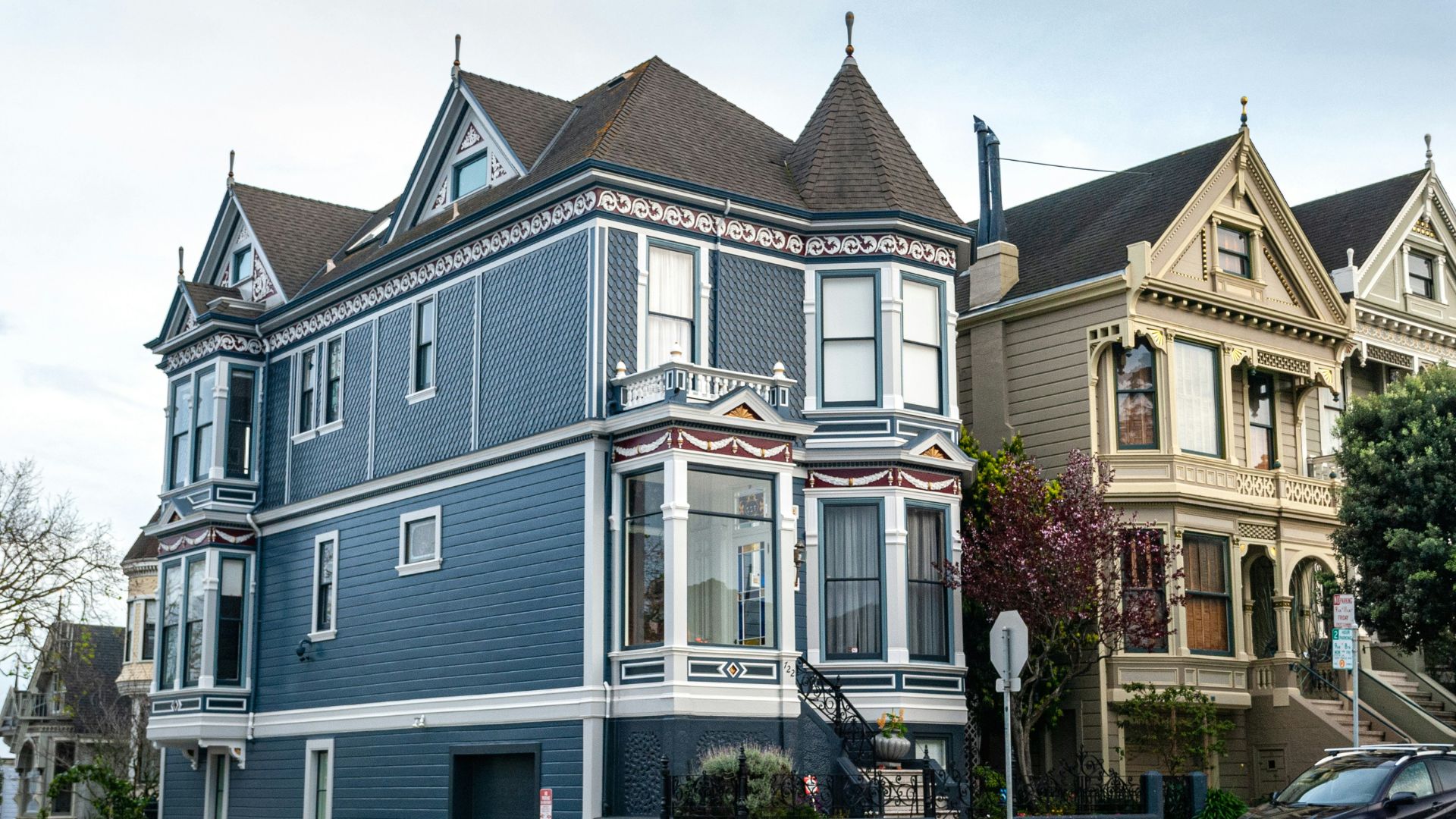
Another proposal, which would cost much more money, could revolve around trying to solve past eminent domain misuses. This would include “racially motivated eminent domain” situations in the state’s past.
This plan would likely cost the state — and many local governments within California — hundreds of millions of dollars.
Immediate Criticisms
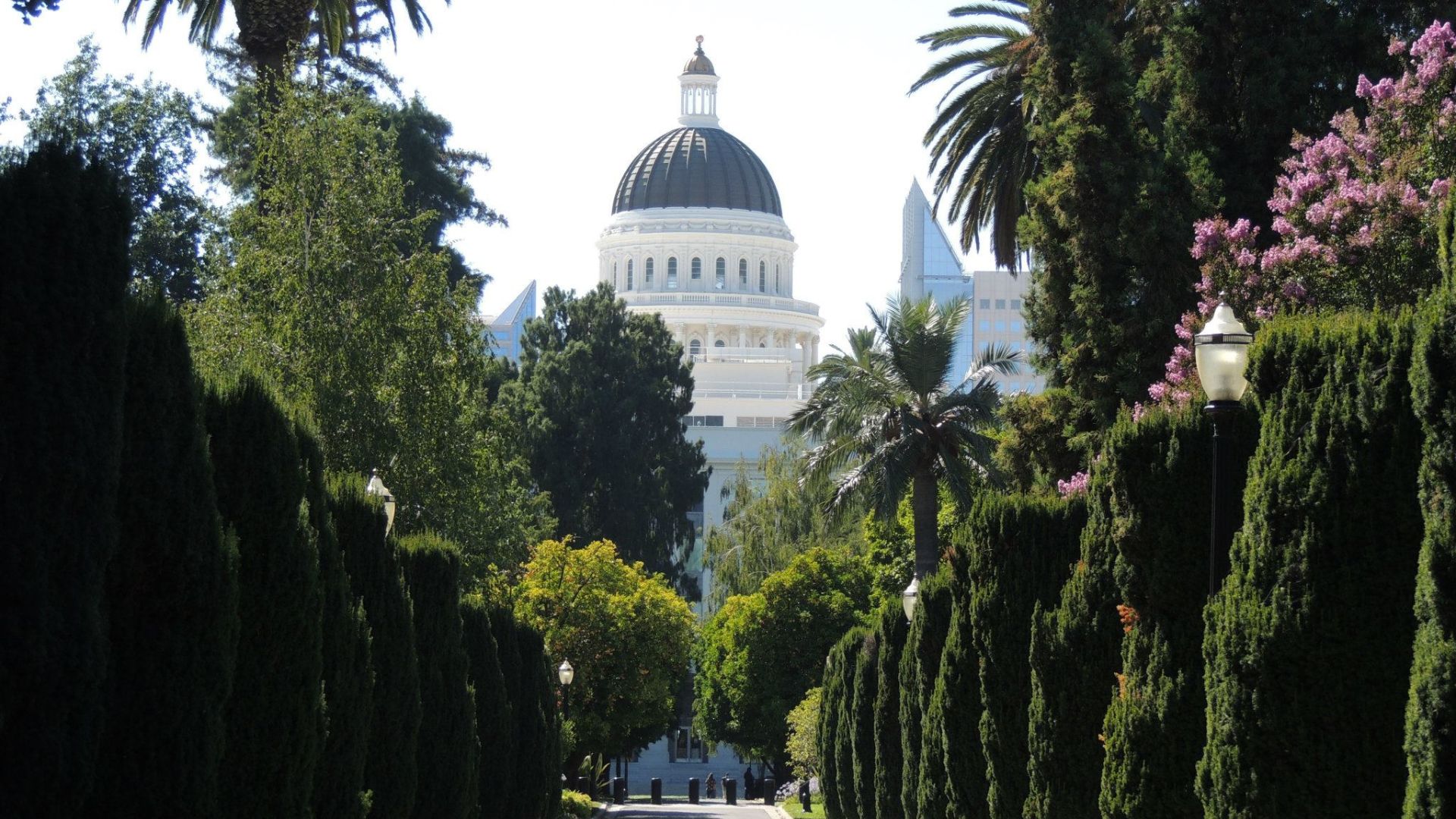
Many California lawmakers who have been pushing for the state to finally create its own reparations program have openly criticized the lack of funding this latest budget has set aside.
These detractors feel the small amount — $12 million — shows that the state isn’t necessarily willing to actually tackle these issues.
Touting This Win
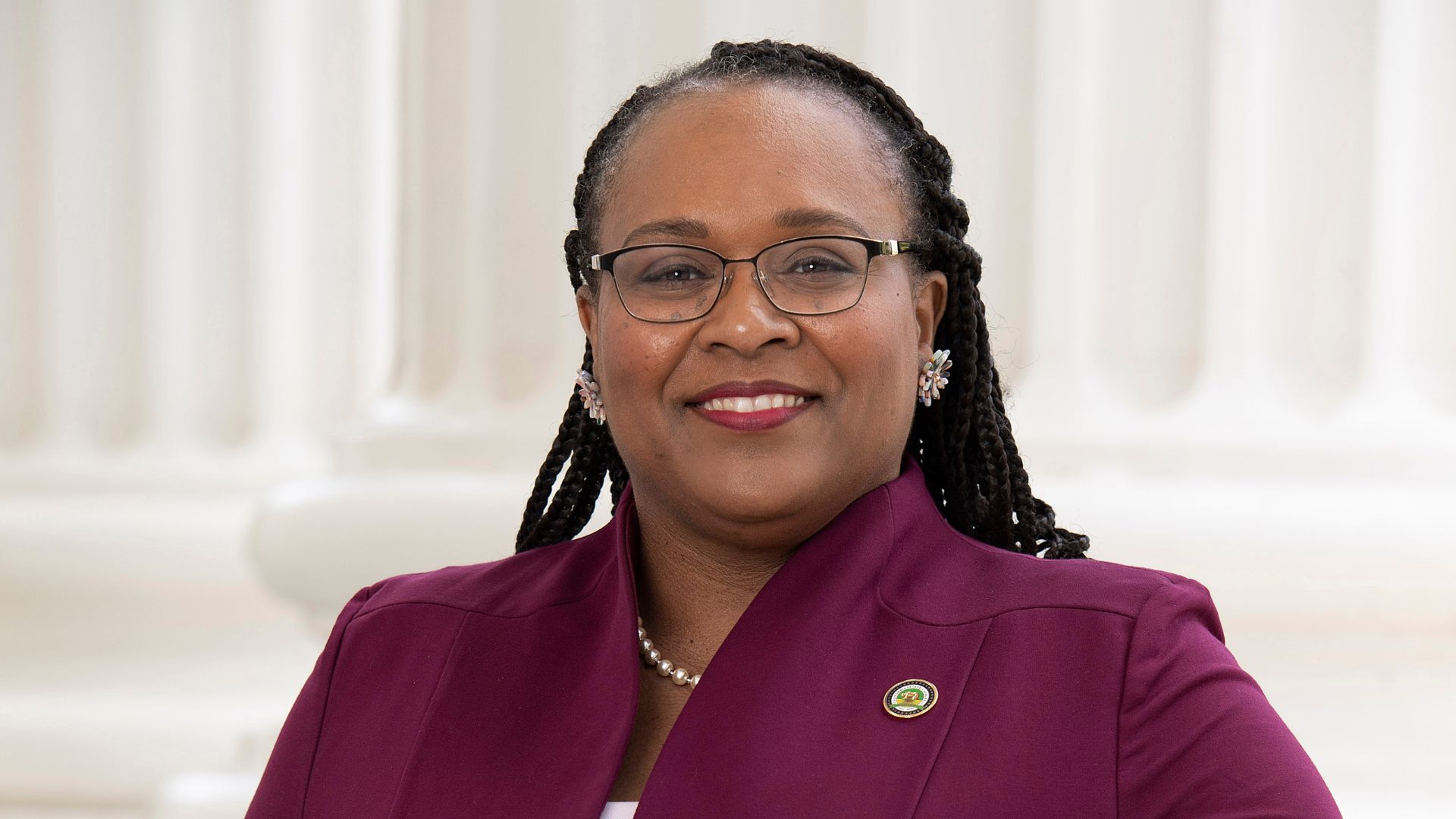
Others have decided to look on this budget inclusion as a win, even if it is a small win. Assemblywoman Lori D. Wilson, the chair of the Legislative Black Caucus, explained her line of thinking.
The Democrat lawmaker said, “I thought it was a win. To see it in the budget means that we were listened to.”
Other California Views

While many lawmakers would like to see a reparations program in California, others disagree. Republican Assemblywoman Kate Sanchez recently opened up about this divide.
“I recognize and acknowledge the painful part of our history,” Sanchez said, adding, “The pains of our past should not be paid by the people of today.”
Other U.S. Reparations Programs

California isn’t alone in its attempt to navigate reparations programs to make up for past racist and discriminatory misdeeds. Other states and local governments around the country are also in the same boat.
Most recently, Evanston, Illinois became the first spot in the U.S. to offer reparations to its Black residents. However, other residents are now suing Evanston over this program.
